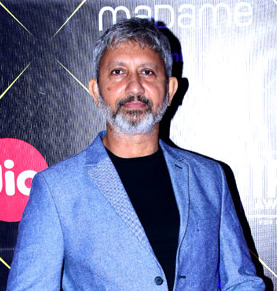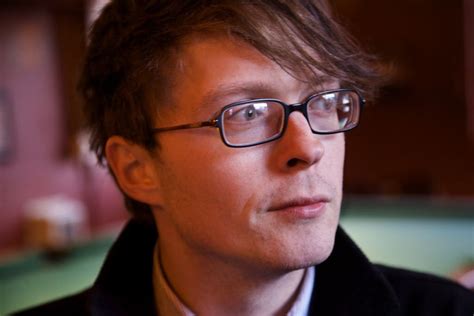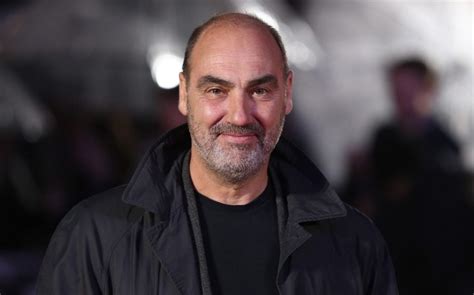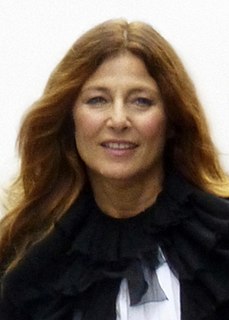A Quote by Neeraj Kabi
If the way I've performed a scene isn't to the director's liking, I discuss it, try to understand why he doesn't like it, and incorporate the suggestions. But sometimes I also take a very strong stand.
Quote Topics
Related Quotes
As an actor, it's always important to understand what the director is after. That, to me, is my job. When I'm acting, I like to ask a lot of questions and understand exactly why the director is doing what they're doing, so that I can provide him or her with the ingredients that they need to get the scene that they want. It's not to challenge them, in any way. It's just so that I can do my job best.
I know what its like to direct. You become a more considerate actor. After you have directed, you understand what is going on. You can't help but think of the material as a director. You do come up with suggestions. You come up with shortcuts that you weren't aware of before. You try to be helpful to the director if he has a lot on his hands.
The first thing you do as a producer is you try to understand the director's vision in as deeply a way as you can. Sometimes, you end up with a director that has more vision or sometime they have less vision. You hope that they have more. In the case where they have more, you need to understand it in the deepest way you can.
A strong film director does leave you to your devices. A strong director allows you to be free and you trust that he's there and he will tell you if you've gone too far. A strong director allows you to be much more experimental and take greater chances than a director who isn't secure within himself.
My job as an actor is to try to do what the director wants me to do. I'm going to do everything I can to incorporate that note and make it work. If it doesn't work, I'll try this kind of thing, and "How do you feel about that?" If you are at odds with the director, neither one of you is going to get anywhere. You really do have to be able to make both of you happy. Even when I was younger, there were times when you have to find a way to make it work for both of you.
If you are uninterested in what I say, there's an end to it. If you like what I say, please try to understand which previous influences have made you like it. If you like some of the things I say, and dislike others, you could try to understand why. If you dislike all I say, why not try to find out what formed your attitude?
What I do is whatever it takes, it takes. Sometimes you see a scene right away and a take looks great so you might print that and you might print a couple more and take elements of all three. It just depends. You're looking for the highlights. You're looking for the best elements of the scene, but preferably you'd like to have one good take that would go all the way through.



































